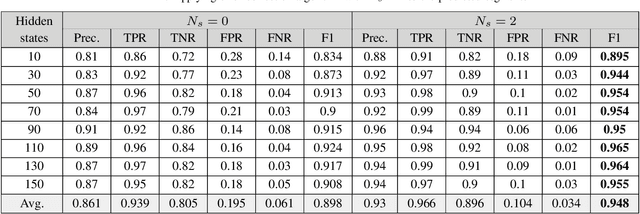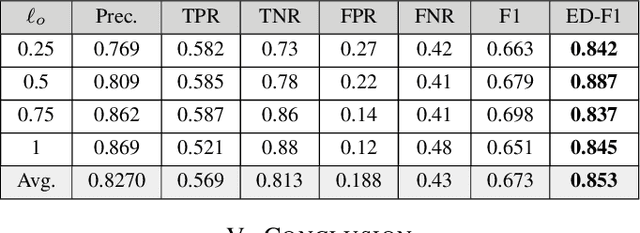A self-paced BCI system with low latency for motor imagery onset detection based on time series prediction paradigm
Paper and Code
Apr 12, 2022



In a self-paced motor-imagery brain-computer interface (MI-BCI), the onsets of the MI commands presented in a continuous electroencephalogram (EEG) signal are unknown. To detect these onsets, most self-paced approaches apply a window function on the continuous EEG signal and split it into long segments for further analysis. As a result, the system has a high latency. To reduce the system latency, we propose an algorithm based on the time series prediction concept and use the data of the previously received time samples to predict the upcoming time samples. Our predictor is an encoder-decoder (ED) network built with long short-term memory (LSTM) units. The onsets of the MI commands are detected shortly by comparing the incoming signal with the predicted signal. The proposed method is validated on dataset IVc from BCI competition III. The simulation results show that the proposed algorithm improves the average F1-score achieved by the winner of the competition by 26.7% for latencies shorter than one second.
 Add to Chrome
Add to Chrome Add to Firefox
Add to Firefox Add to Edge
Add to Edge